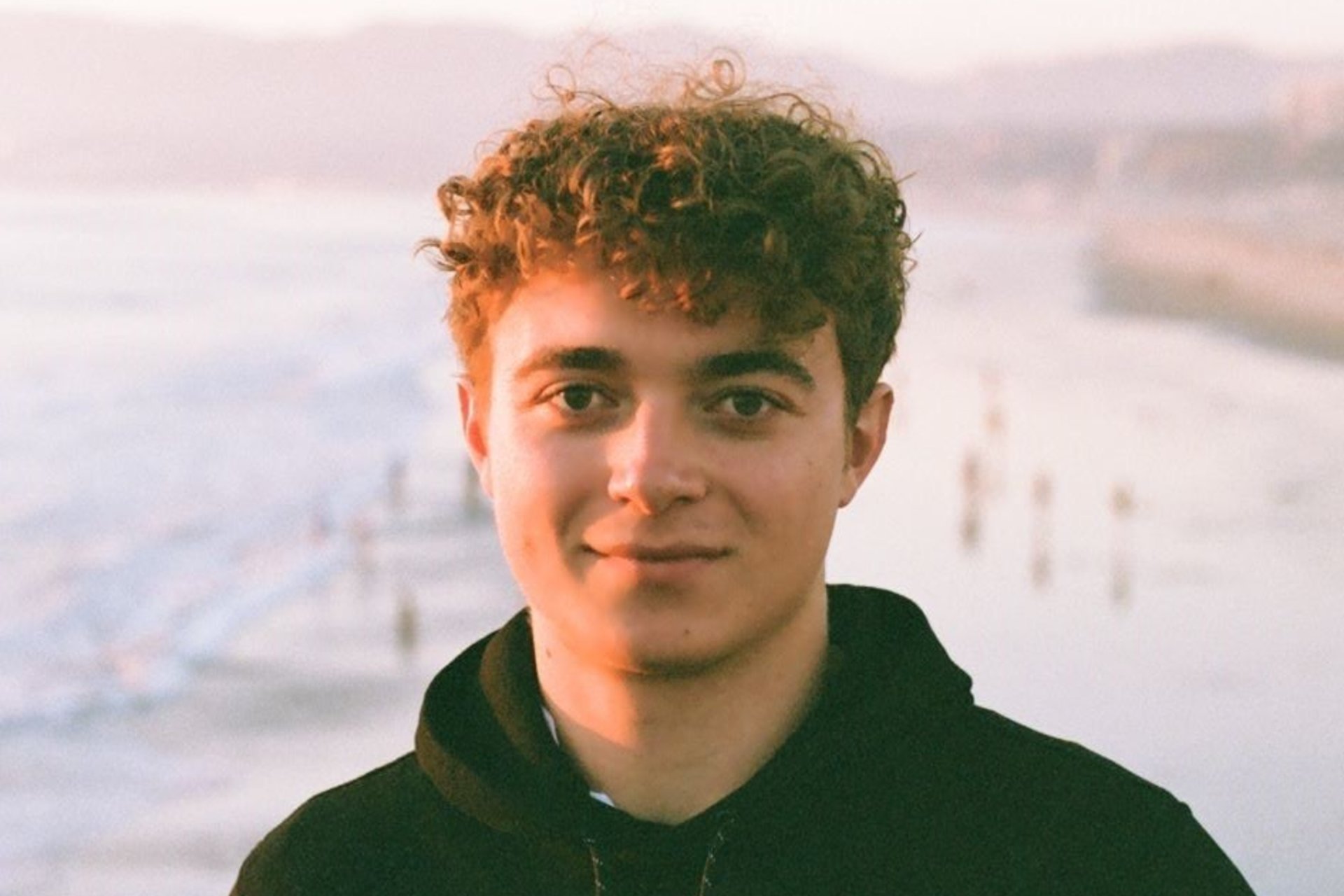Supporting Tribal Renewable Energy at the Nevada Clean Energy Fund
Kelsey Freeman, MA '24, International Policy
Community Engagement Fellow
Nevada Clean Energy Fund

This summer, I have been working as the Community Engagement Fellow at the Nevada Clean Energy Fund (NCEF). NCEF is a non-profit organization created in 2017 by state legislation to serve as the state’s “green bank,” an institutional model executed in over a dozen US states. NCEF provides financial and technical resources to accelerate clean energy growth in the state, by working with communities, local businesses, schools, governments, utilities, contractors, lenders, and others to increase access to clean energy opportunities.

As the Community Engagement Fellow, my main focus has been on helping NCEF connect with and support Tribes who are interested in developing renewable energy projects. With the passage of the Bipartisan Infrastructure Law (BIL) and the Inflation Reduction Act (IRA), there is now unprecedented funding for renewable energy, including substantial funding specifically available to Tribes. Renewable energy could offer Tribes the opportunity to enhance energy resiliency, drive economic development, and ultimately support self-determination and Tribal sovereignty.
Yet through previous research and work, I am well aware that even unprecedented funding and the federal government's emphasis on equity will not guarantee that these funds will turn into renewable energy projects that substantially benefit Tribes. There is often a lack of capacity to apply for federal funding, a need for technical expertise, workforce development gaps, and a long history of energy extraction on Tribal lands that leaves many Tribal citizens rightfully wondering if they will actually benefit from these measures. Ensuring meaningful benefits requires a concerted effort from on-the-ground agencies like NCEF. Working with NCEF this summer has allowed me to see first-hand what barriers remain and how organizations like NCEF can develop creative solutions to fill these gaps.
This summer, I have been working on several projects to support these overall efforts. First, I have been attending several meetings to cultivate key partnerships with Tribal leaders and other community stakeholders interested in developing renewable energy. I’ve attended and/or organized meetings with the Nevada Indian Commission, the EPA’s Regional Tribal Operations Committee, the Office of Indigenous Relations at the University of Nevada Reno, the Duck Valley Indian Reservation, Nevada Office of Minority Affairs, the Nevada Environmental Justice Coalition, and the USDA’s Rural Partnership Network. I also co-presented with NCEF’s CEO at the Nevada California Indian Housing Association meeting.
I have also been developing a document that outlines funding opportunities for Tribes under the IRA, supporting on other federal grant applications (including an application for electric school buses with school districts across Nevada), and researching plans for creating a one-stop-shop renewable energy incentives tool. My summer will conclude with a presentation on unique considerations for supporting renewable energy development on Tribal lands, including barriers, strategies for overcoming them, and Tribal ownership models.
My time at the Nevada Clean Energy Fund (NCEF) has been extremely valuable. I have gained a much better sense of what implementation of this massive legislation will actually entail. Ultimately, it has been exciting to be part of an early-stage organization that will shape the future of renewable energy in Nevada.



